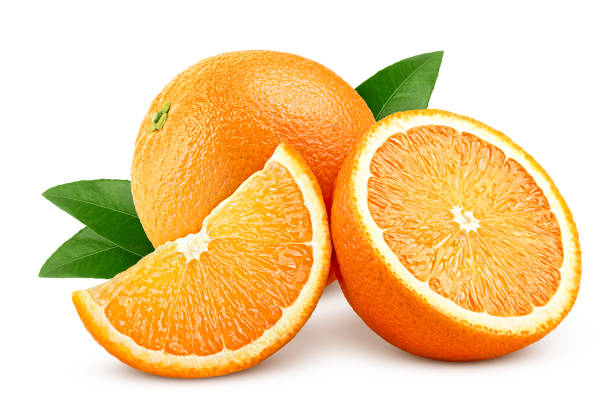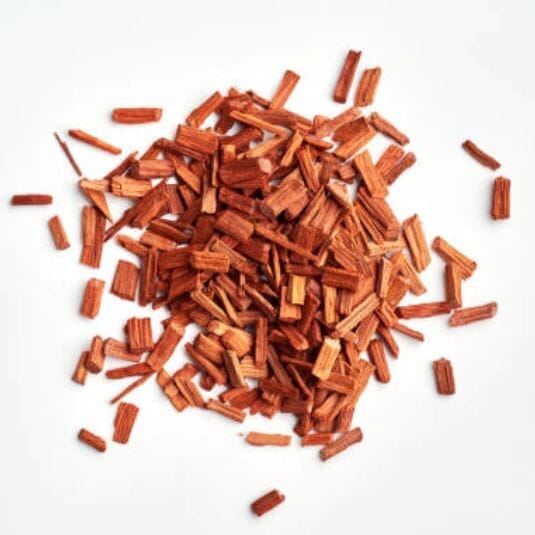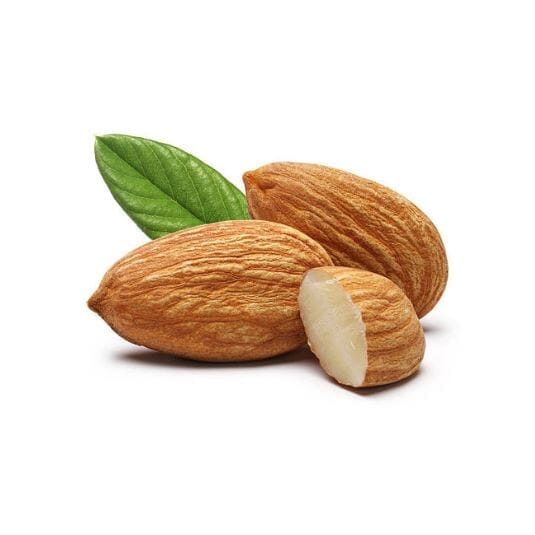Bon Parfumeur yuzu perfumes
At Bon Parfumeur, a responsible, unisex niche fragrance brand, we've used yuzu as a key ingredient for our Eau de Parfum No. 003. It combines notes of yuzu, violet leaf, and vetiver to create a fresh and energizing eau de parfum, perfect for summer days.
What does the word Yuzu mean?
Yuzu is a small citrus fruit native to the Far East, primarily Japan, China, and Korea. Its name comes from the Chinese yòuzi, meaning "strange apple." In Japanese, it is written with the characters yu and zu, which can also be read as "yûki no shita" and mean "under the deep snow." This name comes from the fact that yuzu can withstand very low temperatures and its fruits ripen in winter, which is very rare for a citrus fruit.
In the beginning…
Regarding the origins of yuzu in perfumery, it is worth mentioning its gradual introduction into the world of fragrance creation. Perfumers quickly recognized the extraordinary potential of this unique little citrus fruit to bring a lively and sparkling dimension to their olfactory compositions. Yuzu, with its perfect balance of fresh and exotic notes, began appearing in perfumes at the end of the 20th century. Since then, it has become a prized ingredient for its ability to infuse fragrance compositions with unparalleled liveliness and an aura of luminosity. The citrus notes of yuzu are often used to create fruity and energizing accords, giving fragrances a unique personality and a refreshing character. Yuzu has thus won over perfumers around the world, adding an enchanting dimension to the art of contemporary perfumery.
DID YOU KNOW? Yuzu has a fascinating history... Native to East Asia, this citrus fruit has been cultivated for millennia in Japan, China, and Korea. Its history dates back to ancient times, where it was revered for its medicinal properties and unique taste. Over the centuries, yuzu has become an essential ingredient in Asian cuisine. Its status has gradually risen, and it is now considered a symbol of refinement and sophistication, both in gastronomy and the perfume industry!
Yuzu cultivation
Yuzu cultivation requires meticulous attention to allow this unique citrus fruit to flourish. Farmers select well-drained, sunny soils to plant the young trees, ensuring proper spacing to promote healthy growth. With patience and expertise, they provide attentive care to the trees, ensuring regular irrigation and providing the nutrients necessary for optimal growth. Once ripe, the yuzu is delicately harvested by hand, crowning the farmers' hard work. Yuzu cultivation is a true art, where the combination of nature and human expertise gives birth to fruits of exceptional quality, ready to enchant our senses in a fragrant universe.
Yuzu thrives primarily in certain regions of Asia. Japan is the main producer of yuzu, and the regions of Kochi, Hiroshima, and Tokushima are renowned for their exceptional yuzu plantations. South Korea and China are also major producers of this prized citrus fruit, with regions such as Jeju and Sichuan standing out for the quality of their crops.
Planting yuzu requires special attention to ensure optimal growth. Farmers choose well-drained, sunny soils to plant young trees. The ideal planting time varies by region, but is generally in spring. Seedlings or grafting are the common methods used to propagate yuzu plants. Yuzu trees are medium-sized and require adequate spacing for good air circulation and even sun exposure. It can take several years for the tree to reach full maturity and produce abundant fruit.
Once young yuzu plants are established, they require careful care to promote optimal growth . Regular irrigation is essential, especially during periods of drought. Farmers can also add additional nutrients to the soil to ensure the tree's health and stimulate growth. Regular branch pruning helps maintain the tree's shape and encourage the production of quality fruit. Yuzu trees are known to be resistant to disease and pests, making them a relatively easy plant to grow for experienced farmers.
The yuzu harvest typically occurs in late autumn or early winter, when the fruit has reached maturity. Farmers gently pick the yuzu by hand to avoid damaging the delicate skin. The yuzu are harvested as they ripen, as they do not continue to ripen once removed from the tree. The fruits are then carefully selected for their size, color, and quality to ensure a bumper harvest. This marks the highlight of the year for yuzu growers, who proudly harvest the fruits of their hard work, ready for use in various industries, including perfumery.
What did you know about yuzu in perfumery?
Once harvested, yuzu undergoes a meticulous processing and transformation for use in the perfume industry. The fruits are carefully sorted, selecting the best specimens for their olfactory qualities. The yuzu peel is rich in essential oils, making it the key element for creating perfumes. The zest is carefully extracted, often using cold expression techniques, to preserve the fruit's delicate scents. The resulting essential oils are then distilled to obtain pure and concentrated yuzu extracts. These extracts are used by perfumers to compose fruity accords, bringing incomparable liveliness and freshness to fragrances. Thanks to meticulous processing methods, yuzu reveals its exceptional olfactory potential and becomes a precious ingredient in the art of perfumery.
The olfactory profile of yuzu is vibrant, fresh, and captivating. Its essence exudes dominant citrus notes, characterized by intense scents of lemon zest and mandarin. Yuzu accords evoke a sparkling and tangy sensation, sometimes reminiscent of grapefruit. Beyond its lively freshness, yuzu possesses an exotic and subtle dimension, with slightly floral and herbaceous nuances. Some describe its fragrance as slightly sweet, with delicate hints of vanilla or white flowers. In short, yuzu is a citrus fruit full of vitality, offering a unique combination of dynamic freshness and refined elegance, making it an essential ingredient for bold and captivating fragrance compositions.
Making yuzu perfumes is a complex process that involves several steps. First, the yuzu fruits are harvested and carefully cleaned. Then, their essence is extracted from the peel, seeds, and pulp. This essence is then filtered to obtain a pure, impurity-free liquid.
Afterwards, the essence is blended with other ingredients to create a unique scent. Perfumers can use a variety of ingredients to create different accords, depending on the desired effect. Common ingredients used in combination with yuzu include bergamot, jasmine, ginger, vanilla, and cedarwood.
Yuzu has many olfactory accords , the most commonly associated include citrus, floral, herbaceous, aquatic, woody and spicy accords:
• The citrus facet is amplified by combining yuzu with other citrus fruits such as lemon, bergamot or orange, which amplifies the zesty and sparkling notes, creating fresh and dynamic compositions.
• Sweet : Raspberry has a pronounced sweet fragrance, reminiscent of confectionery and desserts. This sweet aspect contributes to its appeal and gourmet character.
• The floral accord is achieved by combining yuzu with delicate flowers such as orange blossom, jasmine or neroli, adding a touch of softness and elegance to the composition.
• Green notes, such as mint or verbena, can be combined with yuzu to enhance its freshness and create an invigorating and revitalizing accord.
• The aquatic accord is achieved by combining yuzu with marine or aquatic notes, evoking a scent of sea spray and transporting the senses to refreshing coastal landscapes.
• The woody accord combines yuzu with woody notes such as sandalwood, patchouli or oak, adding depth and warmth to the composition, creating a balance between freshness and sensuality.
• Finally, the spicy accord is created by combining yuzu with spices such as ginger, cardamom or pepper, creating a stimulating and energizing composition.
GOOD TO KNOW!
Yuzu is much more than just an ingredient used in perfumery. This citrus fruit is packed with benefits and virtues for health and well-being. Rich in vitamin C, yuzu strengthens the immune system, aids digestion, and contributes to skin radiance. It is also known for its antioxidant properties, helping protect cells from damage caused by free radicals. In addition, the sparkling scent of yuzu has energizing and invigorating qualities, providing a feeling of freshness and vitality.
Some legendary yuzu flavors...
Yuzu has grown in popularity in recent years and has found its way into several famous perfumes. While Yves Saint Laurent and Paco Rabanne have yet to offer yuzu fragrances, here are a few well-known perfumes that have appropriated this exceptional citrus fruit:
• Le 3ème homme by Caron : This men's eau de toilette launched in 1985 pays homage to Orson Wells' character in the film of the same name. This virile composition embodies elegance and simplicity, appealing to curious and cultured men. Exotic accords of fresh fruit and notes of lavender and yuzu bring a unique freshness to this fragrance. Accords of fern, oakmoss and clove add aromatic depth. Finally, the woody and sensual base notes add a touch of sophistication. Presented in a simple and elegant bottle, "Le 3e homme" is a timeless fragrance that embodies the nonconformism and innovation dear to the Caron brand.
• Mandarino di Amalfi by Tom Ford : This unisex eau de parfum from Tom Ford's Private Blend collection offers a luxurious interpretation of yuzu, blending notes of lemon, mandarin and cypress wood to create a luminous and sophisticated fragrance.
• Yuzu Rouge by Parfums de Nicolai : This eau de parfum highlights yuzu combined with notes of white flowers and amber, creating a luminous and elegant composition.
• Yuzu Ab Irato by Parfumerie Générale : This unisex eau de parfum by Parfumerie Générale offers a bold interpretation of yuzu, with notes of incense, patchouli and musk, creating an intriguing and mysterious fragrance.
Each brings their own interpretation of yuzu, whether combining it with other ingredients or highlighting it as a main accord, creating distinctive fragrances that delight lovers of original fragrances.












